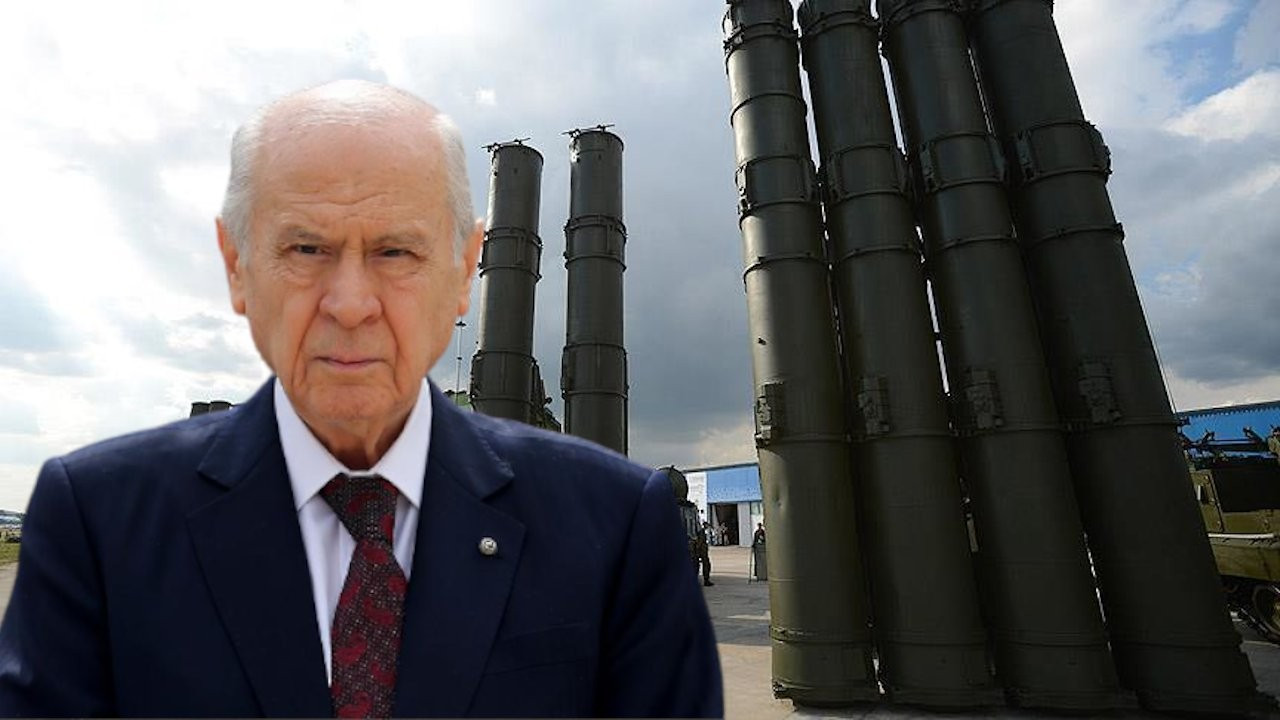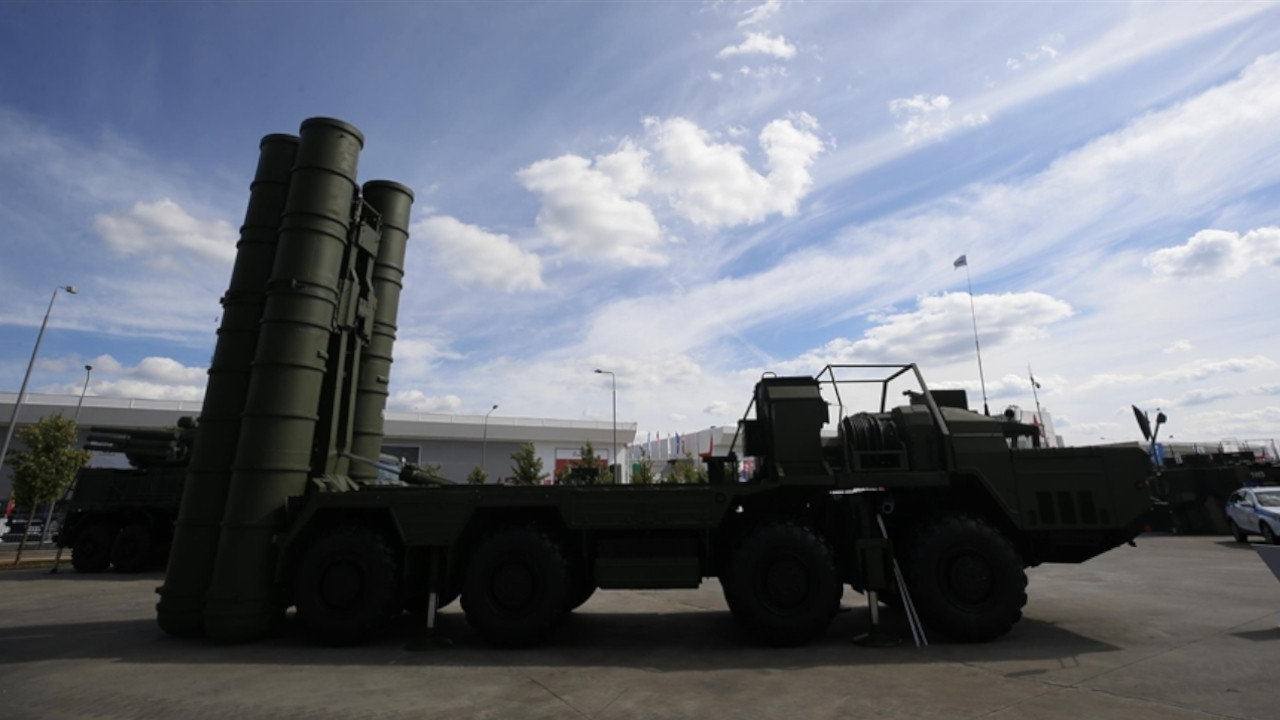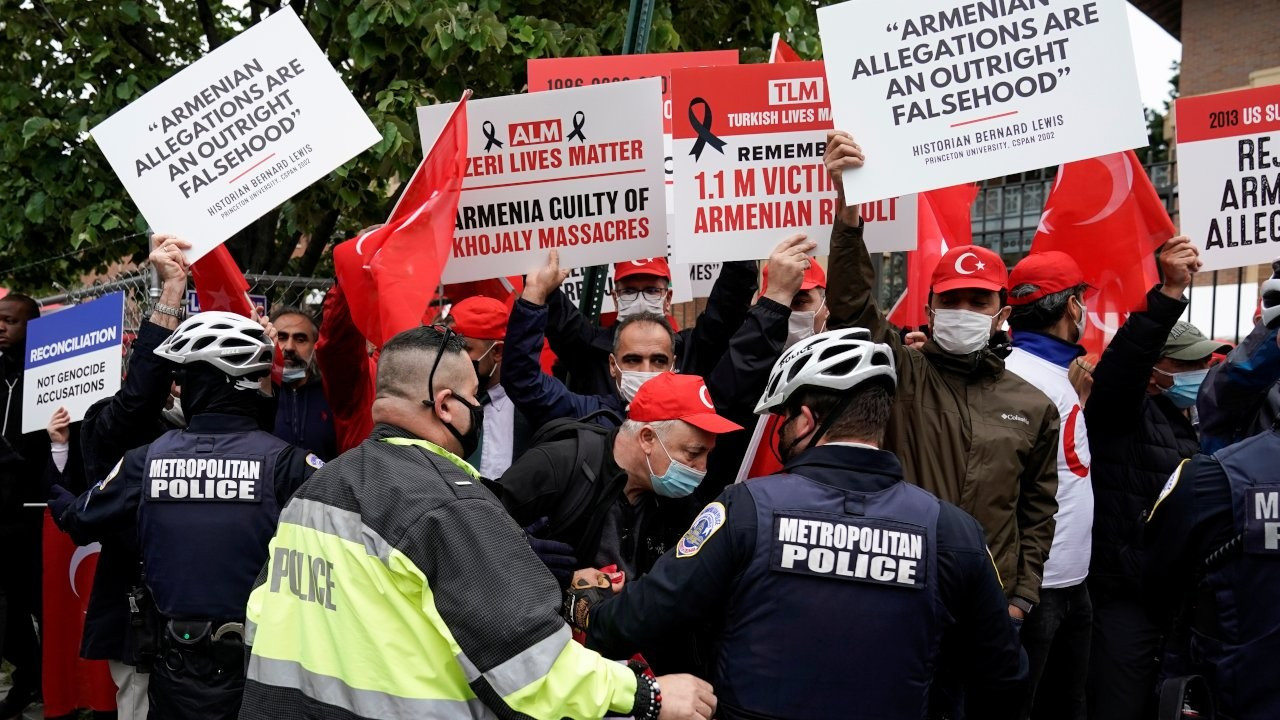Blinken warns Turkey to refrain from new purchases of Russian weapons
U.S. Secretary of State Antony Blinken on April 28 warned Turkey to avoid future purchases of Russian weaponry, including additional S-400s, saying such a buy could trigger more sanctions.
Reuters
U.S. Secretary of State Antony Blinken on April 28 said Turkey and all U.S. allies should refrain from making further purchases of Russian weaponry, threatening the possibility of more sanctions.
Frayed relations between NATO allies Turkey and the United States were further tested over the weekend after U.S. President Joe Biden recognized the 1915 Armenian massacres as genocide, infuriating Ankara.
Speaking at a virtual event at Foreign Press Center (FPC), Blinken said given Biden's long-standing views on the Armenia issue, his decision was not and should not have been a surprise. He also reiterated that Turkey was a critical NATO ally for Washington and expressed his hope that the two sides can resolve their issues.
But he also warned Ankara and others from further purchases from Russia. Turkey has said it was in talks with Russia on procuring a second batch of S-400s.
"It's also very important going forward that Turkey, and for that matter all U.S. allies and partners, avoid future purchases of Russian weaponry, including additional S-400s," Blinken said.
"Any significant transactions with Russian defense entities, again, could be subject to the law, to CAATSA, and that's separate from and in addition to the sanctions that have already been imposed," he said, referring to Countering America’s Adversaries through Sanctions Act, which is designed to dissuade countries from buying military equipment from Russia.
U.S.-Turkish relations have been strained over issues ranging from Turkey's purchase of Russian S-400 air defense systems - over which it was the target of U.S. sanctions - to policy differences on Syria, human rights and a U.S. court case targeting Turkey's state-owned Halkbank.
Washington in December imposed sanctions on Turkey over its purchase of Russian air defenses, while Ankara has been angered that the United States has armed Kurdish YPG fighters in Syria and not extradited U.S.-based Islamic preacher Fethullah Gülen.
Biden, in his first call with his Turkish counterpart Recep Tayyip Erdoğan last week since taking office in Jan. 20, told Erdogan about his decision on Armenians.
Biden called his Turkish counterpart Recep Tayyip Erdoğan on April 23, a day before he becomes the first U.S. leader to recognize the Armenian genocide. The call to Ankara came 93 days after Biden took office.
Blinken said the two leaders had a "good conversation" and that Biden was looking forward to meeting Erdoğan in June on the sidelines of the NATO summit.
Turkey's presidential spokesman İbrahim Kalın said on April 26 that Biden's Armenian declaration was "simply outrageous" and Turkey would respond over the coming months.

 Erdoğan ally calls on gov't to make S-400s operational in response to Biden's Armenian genocide recognitionDiplomacy
Erdoğan ally calls on gov't to make S-400s operational in response to Biden's Armenian genocide recognitionDiplomacy Turkey to hold talks with Russia on second S-400 batch later in JanuaryDiplomacy
Turkey to hold talks with Russia on second S-400 batch later in JanuaryDiplomacy Turkey to respond in time to 'outrageous' Biden genocide statementDiplomacy
Turkey to respond in time to 'outrageous' Biden genocide statementDiplomacy